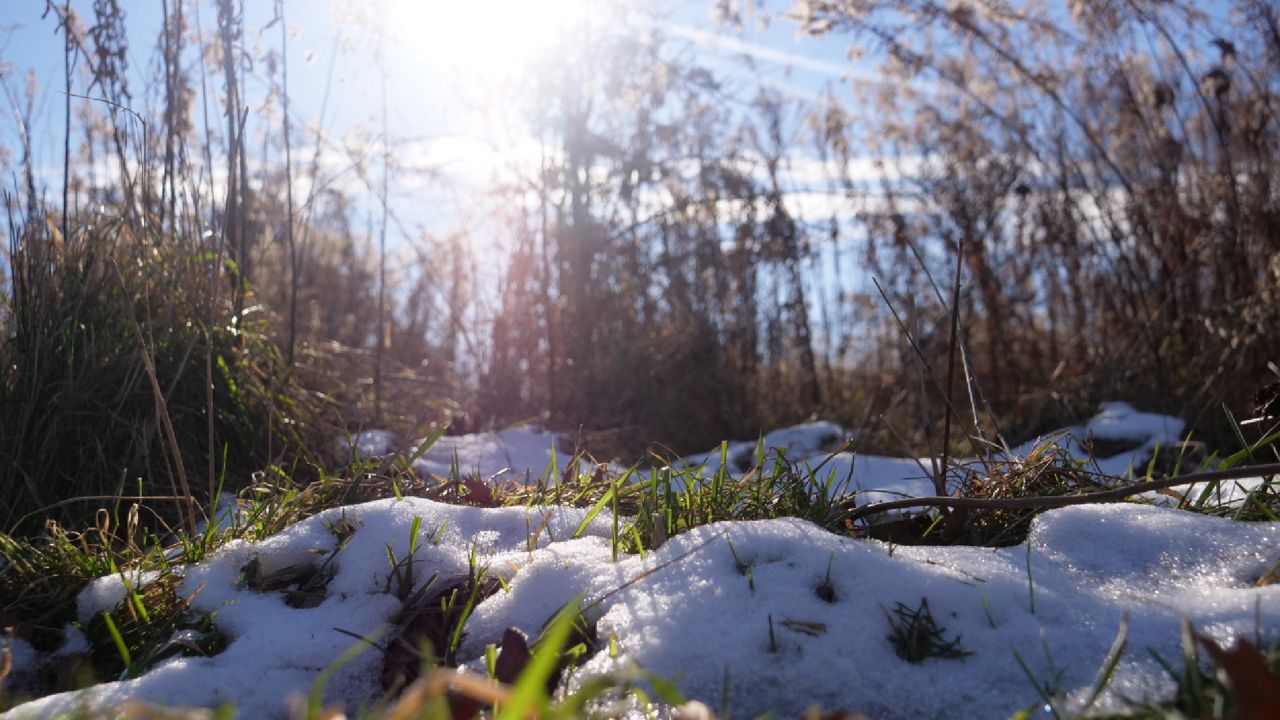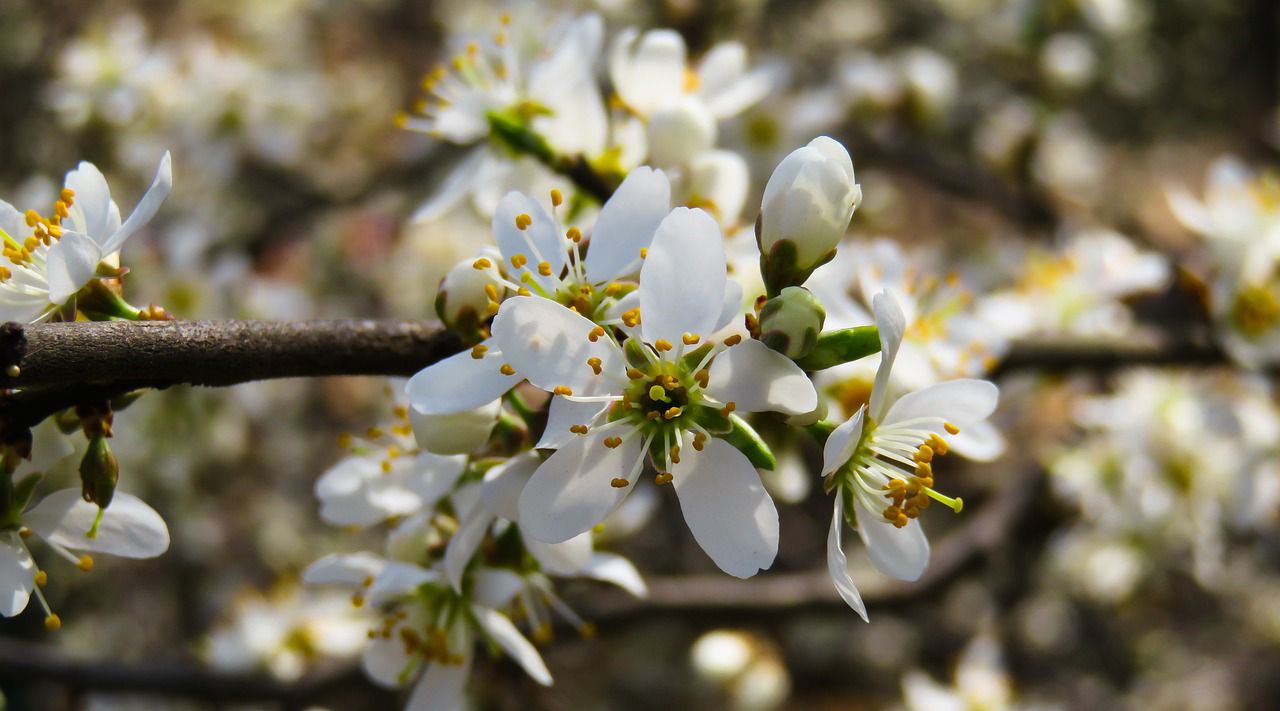While many New Yorkers are enjoying this mild and relatively snowless winter, people living with allergy are dreading what lays just around the corner.
We may experience a longer-than-normal allergy season all across New York thanks to one of the warmest winters we have seen in recorded history.

Allergens may rear their ugly head earlier than normal with a start time as early as late February or early March.
Trees can release pollen as early as late February, especially temperatures continue on a mostly above-average track. Trees pollinate when temperatures stay above 50 for a few days.

Springtime allergens vary across the state, with certain plant species being more predominate in some locations than others. Across western and Central New York (in cities like Buffalo, Rochester and Syracuse), we deal with oak, walnut, hickory, maple and willow tree pollen in early spring.
Across eastern New York (cities like Albany and Poughkeepsie), we deal with oak, cedar, willow and hickory trees pollinating come the spring.
From the Climate Prediction Center, the temperature outlook for the end of February and beginning of March calls for a likelihood of above-normal temperatures. An early allergy season is possible this year!
Expect above normal temperatures heading into early March
From the Climate Prediction Center, the temperature outlook for the end of February and beginning of March calls for a likelihood of above-normal temperatures. An early allergy season is possible this year!

If you're a seasonal allergy sufferer, it might not hurt to get an allergy consultation with your doctor over the next couple of weeks.
Our team of meteorologists dives deep into the science of weather and breaks down timely weather data and information. To view more weather and climate stories, check out our weather blogs section.



